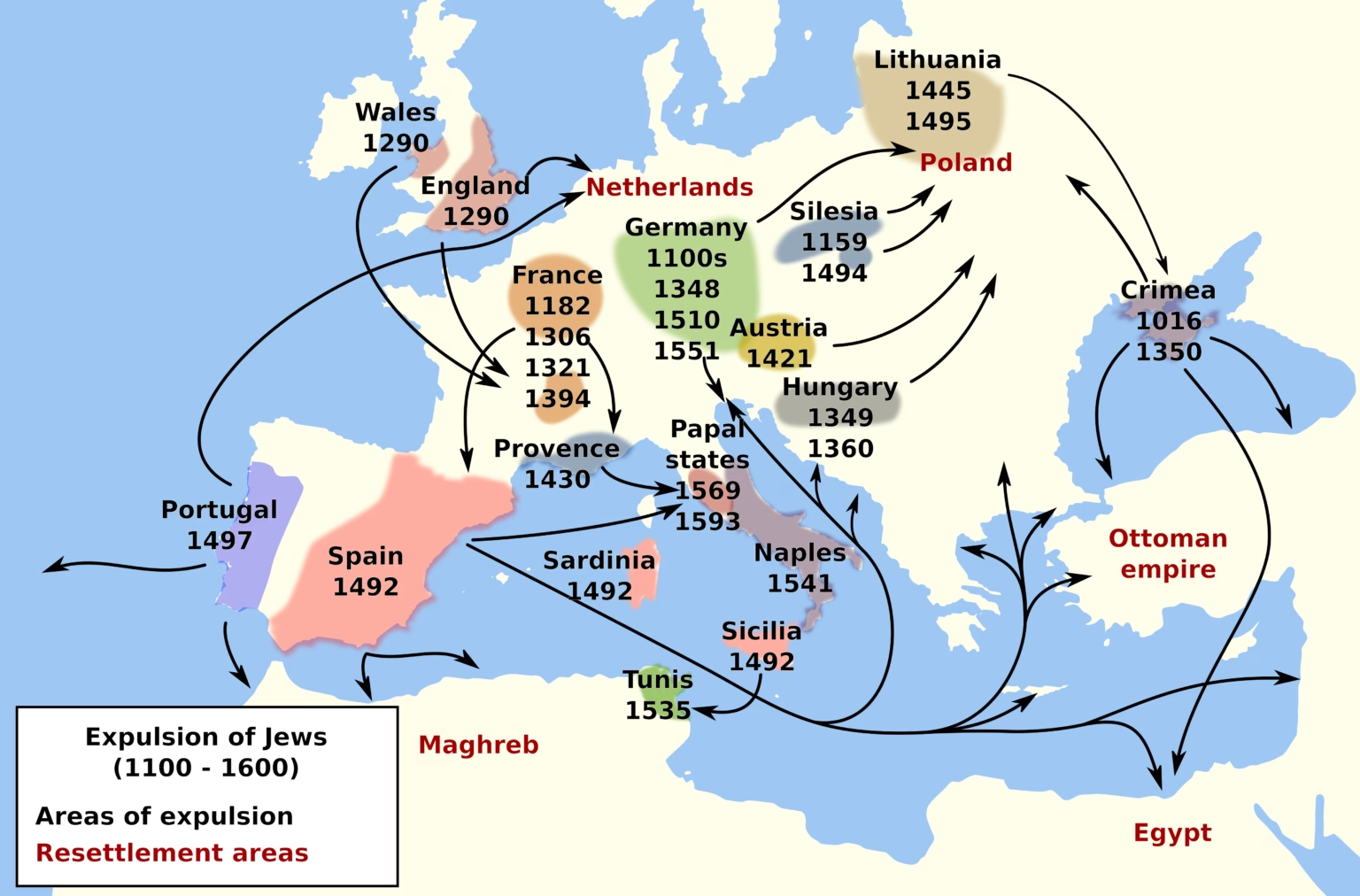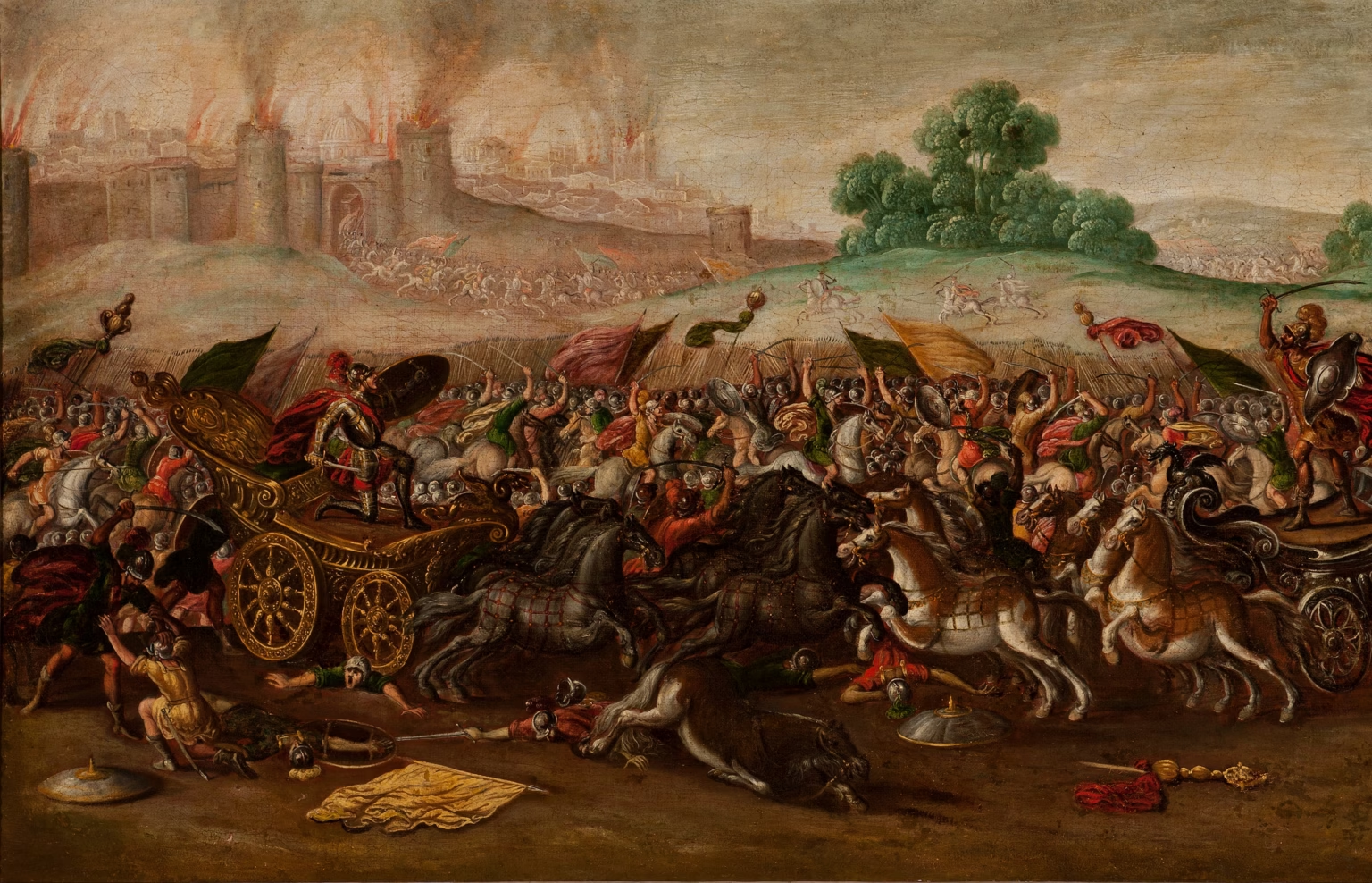Challenges await Netanyahu
Benjamin Netanyahu won a great victory in the Israeli election, which was the fifth election in Israel in less than four years. On November 13, he was formally commissioned by President Isaac Herzog to form a government. The majority in the Knesset (parliament) is based on the support of several religious parties with extreme views

Benjamin Netanyahu faces major challenges in terms of his government background. Foto: commons wikimedia
Israel’s general elections on November 1 saw former Prime Minister Benjamin Netanyahu achieve a parliamentary majority, while left-wing and Arab parties retreated. The election was originally to be held on November 11, 2025, but in April Knesset member Idit Silman left the fragile government coalition which meant the government lost its majority in parliament.
After losing several votes in the Knesset, Prime Minister Naftali Bennett and Deputy Prime Minister Yair Lapid announced, via a bill, that they would dissolve the Knesset and call for new elections.
Lapid subsequently became prime minister for an interim government until the elections in November.
In the election, which was Israel’s fifth in less than four years, Lapid’s party advanced from 17 to 24 seats, but Religious Zionism (an electoral alliance of three religious parties that split again immediately after the election) increased its Knesset seats even more, from six to 14. The religious party Shas also increased the number of seats from nine to eleven.
Together, these two religious parties received almost 20 percent of the vote in the election. Religious Zionism created unrest in the formation of the government by demanding both the post of minister of defense and the post of minister of public security, writes the Jerusalem Post.
The US warns Netanyahu
President Joe Biden’s administration urged Netanyahu to appoint defense and security ministers with whom the United States can cooperate.
Even before the election, US Senator and Foreign Affairs Committee Chairman Bob Menendez warned Netanyahu that including Ben-Gvir in his coalition could damage US-Israeli ties.
On November 3, a spokeswoman for British Prime Minister Rishi Sunak called on “all Israeli parties to refrain from inflammatory speech and show tolerance and respect for minority groups.”
The Religious Zionism party includes among others, Itamar Ben-Gvir – who was convicted in 2007 for inciting racism and supporting a terrorist organization. Until 2020, he had a photo of Baruch Goldstein – who in 1994 massacred 29 Muslims in Hebron – on the wall of his home, writes the Jerusalem Post.
America’s Jews in focus
Further, Ben Gvir doesn’t want to allow aliyah for non-Orthodox converts, reports the Israeli news channel I24. Only those converted by orthodox rabbis will be allowed to settle in Israel and not the Jews who have converted within the liberal movements.
Since 1970, Israel’s Law of Return has applied not only to people considered Jewish under Orthodox law, but also to converts from the Reform and Conservative movements (which is common in the United States), although such conversions are not recognized by the Chief Rabbinate of Israel.
Diaspora Affairs Minister Nachman Shai said the proposal would “drive a wedge between us and the richest and strongest Jewish community in the world,” referring to the American Jewish community.


